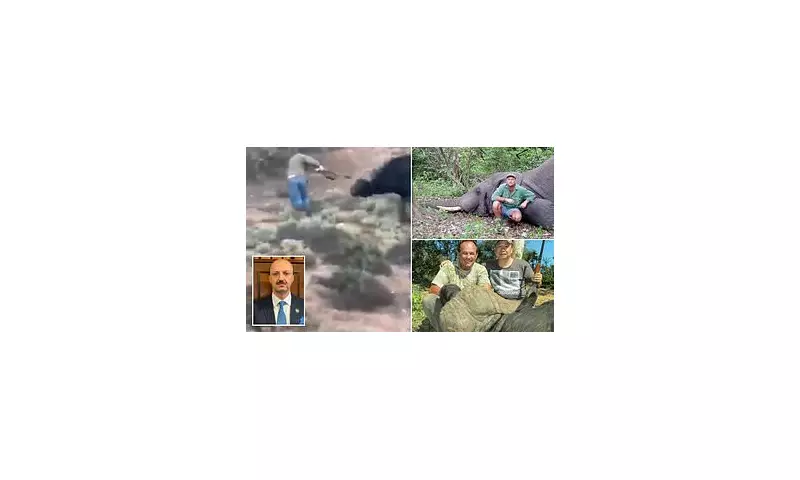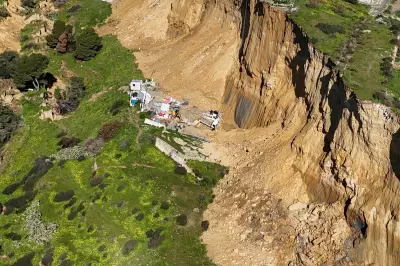
In a stunning reversal of roles, trophy hunters are increasingly finding themselves on the receiving end of brutal attacks by the very animals they seek to kill. Recent incidents have highlighted the growing trend of wildlife fighting back against human predators, with tragic and sometimes fatal consequences.
The Hunted Turn Hunters
Across the globe, reports of hunters being mauled, trampled, or gored by their intended trophies are becoming more frequent. From elephants charging their pursuers to lions refusing to go down without a fight, these encounters are rewriting the narrative of big-game hunting.
A Deadly Game
Experts suggest that years of being targeted have made some species more aggressive towards humans. "These animals aren't just defending themselves - they're actively fighting back," explains wildlife biologist Dr. Emma Richardson. "We're seeing a clear pattern of learned defensive behavior in hunted populations."
Ethical Questions Resurface
The incidents have reignited debates about the morality of trophy hunting. Conservationists argue that these violent encounters demonstrate the inherent cruelty of the practice, while hunting advocates maintain their activities support conservation efforts.
Notable Cases
- A South African hunter was fatally gored by a buffalo he had wounded but failed to kill cleanly
- An American bowhunter was mauled by a bear he had been tracking in Alaska
- Three hunters in Zimbabwe were trampled by an elephant they had been pursuing for days
The Future of Hunting
As these incidents become more common, questions are being raised about the sustainability and safety of trophy hunting practices. Some countries are considering stricter regulations, while animal rights groups are calling for complete bans.
Dr. Richardson concludes: "Nature has a way of balancing the scales. These encounters should make us reconsider our relationship with wildlife and our place in the natural order."





